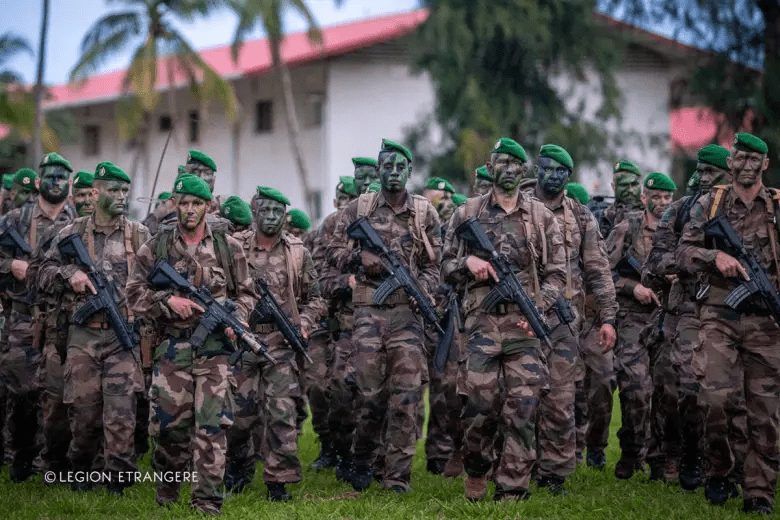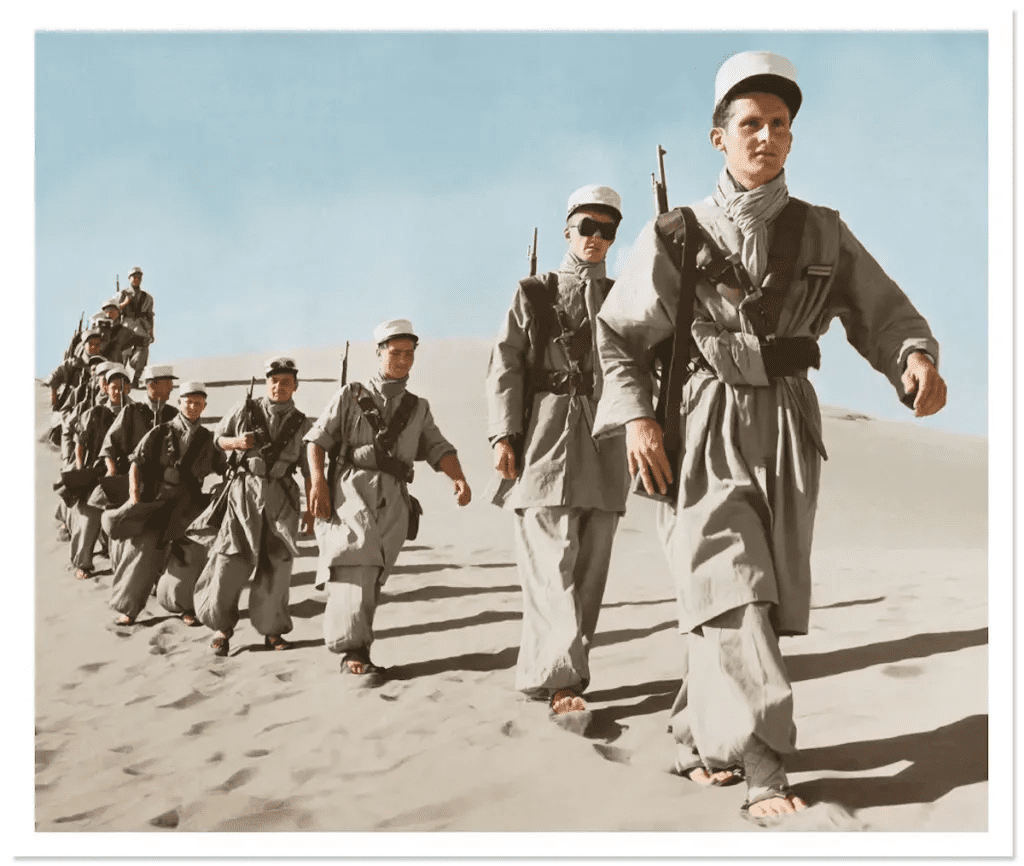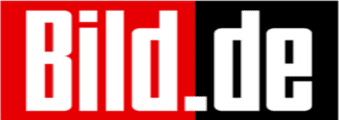Will the deployment of a Foreign Legion unit commanded by French officers trigger a wider European war?
France has sent its first troops officially to Ukraine. They have been deployed in support of the Ukrainian 54th Independent Mechanized Brigade in Slavyansk. The French soldiers are drawn from France’s 3rd Infantry Regiment, which is one of the main elements of France’s Foreign Legion (Légion étrangère).
In 2022 France had a number of Ukrainians and Russians in the Foreign Legion. They were allowed to leave the Legion and, in the case of the Ukrainians, return to Ukraine to join Ukrainian forces. It isn’t clear if the Russians returned home.
The Legion today is run by French officers but the rank and file are all foreigners. Under the curren anonymat (being anonymous) a volunteer who joins the Legion can decide whether to keep his given name or adopt a new one. Legionnaires serve for three year terms, after which they can ask for French citizenship. If a legionnaire is wounded, he is entitled to gain French citizenship without any waiting period. There are no women in the Foreign Legion.

The initial group of French troops numbers around 100. This is just the first tranche of around 1,500 French Foreign Legion soldiers scheduled to arrive in Ukraine.
These troops are being posted directly in a hot combat area and are intended to help the Ukrainians resist Russian advances in Donbas. The first 100 are artillery and surveillance specialists.
For months French President Emanuel Macron has been threatening to send French troops to Ukraine. He has found little or no support from NATO countries outside of support from Poland and the Baltic States. Allegedly the US opposes sending NATO soldiers to Ukraine (other than as advisors).
One of the questions to immediately arise from France’s decision to send soldiers from its 3rd Infantry Regiment is whether this crosses the Russian red line on NATO involvement in Ukraine? Will the Russians see this as initiating a wider war beyond Ukraine’s borders?
France itself does not have many troops to put on Ukraine’s battlelines, should the French government want to do so. According to reports, today France cannot support an overseas deployment of a full division and won’t have this capability until 2027 at the earliest.
The decision to send Foreign Legionnaires is, itself, a peculiar French compromise. France is not deploying its home army and, besides the small number of officers, the men sent are not French citizens.
France’s decision has two meanings, beyond the obvious one of potentially triggering a pan-European war.
First of all, it allows Macron to send troops to Ukraine and act like a tough guy without encountering much home opposition. That’s because no French army soldiers are being sent and there is no consequent conscription or other measures in the offing. This clearly reduces the potential fury of Macron’s political opponents.

The second reason is Macron’s anger at seeing French troops, almost all from the Legion, getting kicked out of Sahelian Africa and replaced by Russians. Control of Francophone Africa, and the riches it provides to French politicians, has been broken by the revolt and revolution in Africa and a decisive tilt to Russia – either directly or through PMC Wagner (the Wagner Group). now clearly under Vladimir Putin’s direct control.
This “humiliation” is felt in the Élysée Palace and particularly by Macron who, his opponents say, has lost France’s influence and harmed France’s overseas mining and business interests.
A particular blow is in Niger, an important supplier of uranium to France. France gets 70 percent of its electrical power from nuclear power generators. Global uranium supplies are tightening and prices rising. With Russia and Kazakhstan, along with Niger, on the top of the heap in terms of supplying uranium for nuclear reactors, France has a home economic security problem. The US decision to ban Russian uranium (but probably not realistically, in the next few years) the Russians could deal a serious blow to France and the United States by cutting off supplies.

Given the risk of losing access to uranium, or at least enough of it to supply France’s reactors, Macron has to hope that his troop deployments to Ukraine won’t trigger a Russian embargo on sales to France.
It isn’t clear how the Legionnaires can help the Ukrainians. The Ukrainians know how to operate artillery, and they have sophisticated intelligence support, some of it generated by their own FPV drones and spies and some of it thanks to US and other NATO intelligence and surveillance assets supporting Ukraine.
Anyway, the Ukrainian issue is not about how to use artillery but where the ammunition is supposed to come from. Ukraine continues to complain it lacks adequate supplies for 155mm howitzers.
The decision to put the Legion soldiers in Slavyansk is extremely provocative and goes against statements from the French side, including Macron, to the effect that if France sent troops they would replace Ukrainian army units in western Ukraine who could, therefore, be moved eastward to fight the Russians. As Slavyansk is on the front line, this French image of a soft deployment is turning into a war with Russia directly.
A key question is how NATO will react to the French decision to deploy. As France is acting on its own without NATO’s backing, the French cannot claim support from NATO under its famous Article 5, the collective security component of the NATO Treaty.
Should the Russians attack French troops outside of Ukraine it would be justified because France has decided to be a combatant, and forcing an Article 5 vote would seem to be difficult if not impossible.
Of course, NATO members individually could support the French, either by sending their own forces or by backstopping the French logistically and in communications. For example, there is no way Foreign Legion soldiers can go to Ukraine without passing through Poland. Will the Russians see this as evidence they are at war both with France and Poland?
Right now no one can answer any of these questions with any degree of certainty. It is unlikely the Russians will long tolerate a buildup of French army troops, even if they are Foreign Legion soldiers. What Russia will do in response is not certain.
Stephen Bryen served as staff director of the Near East Subcommittee of the Senate Foreign Relations Committee and as a deputy undersecretary of defense for policy.
This article was first published on his Weapons and Strategy Substack and is republished with permission.






